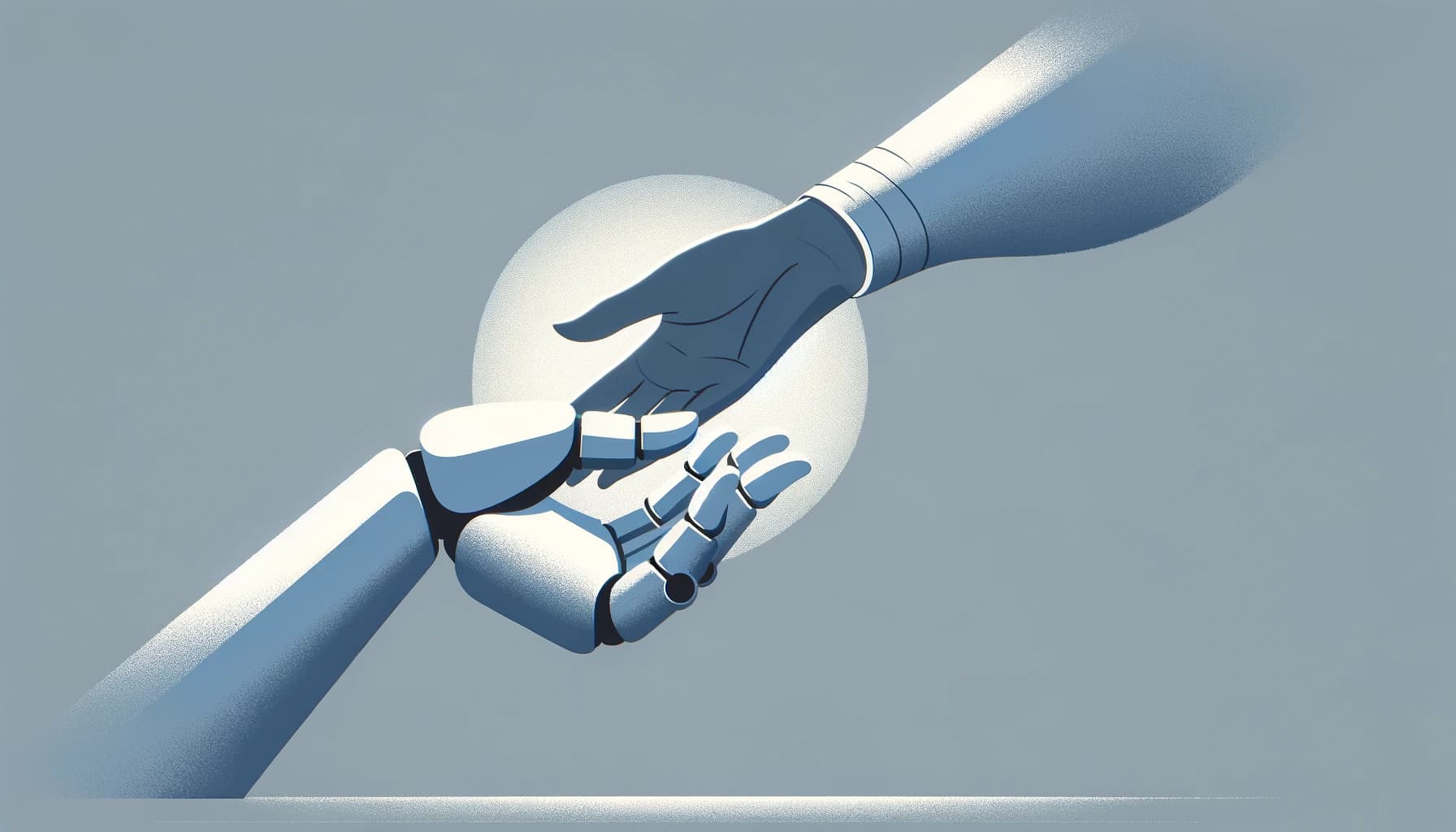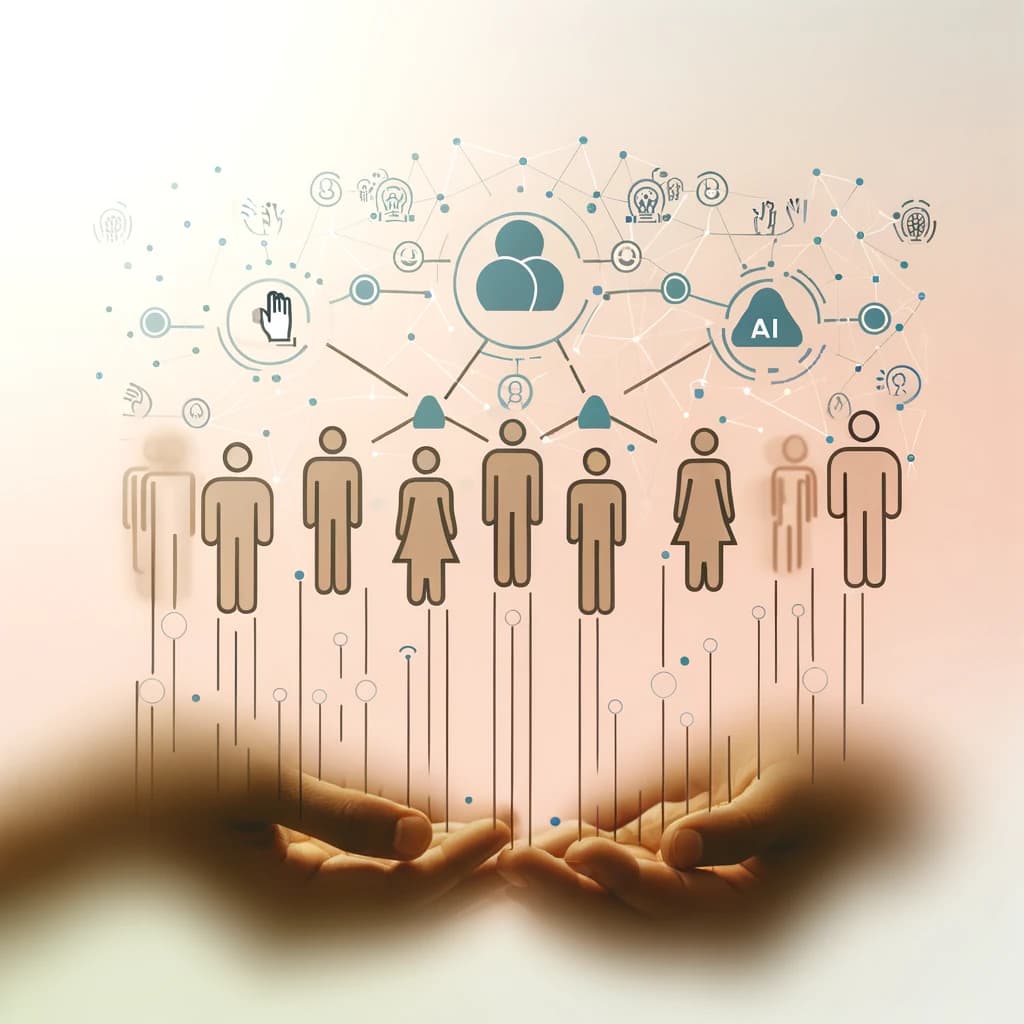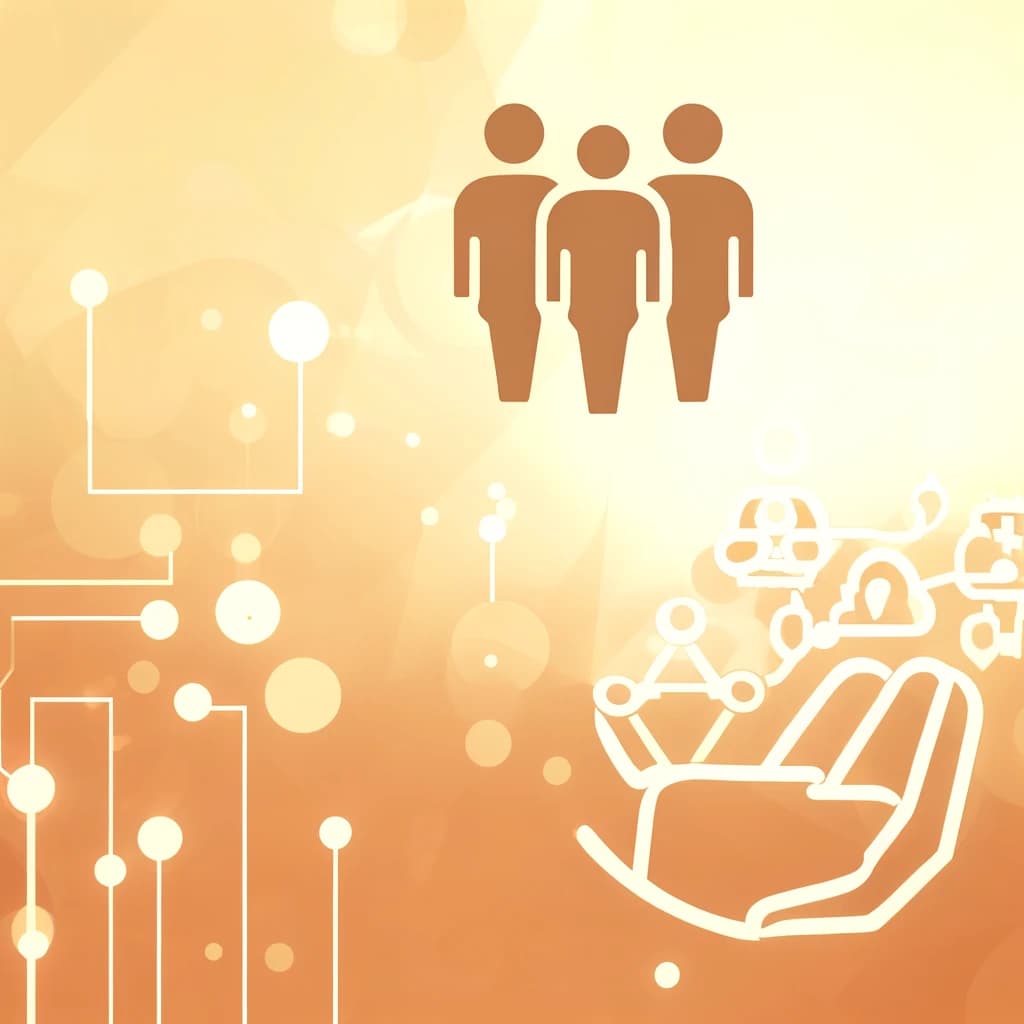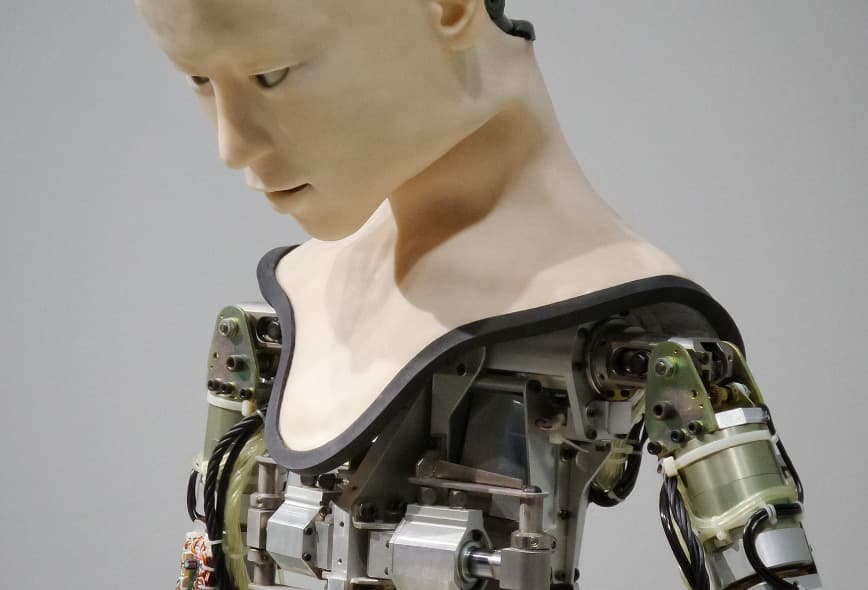Beyond the Consulting Room: The AI Revolution in Mental Health
As the world becomes increasingly digitized, mental health emerges as a growing global challenge, with many seeking new ways to access effective and personalized treatments. At the heart of this quest is Artificial Intelligence (AI), a promising technology set to radically transform the field of mental health, offering innovative solutions that extend beyond traditional therapies.
Merging Technology with Human Care

The integration of AI in mental health is no longer a futuristic idea. We are already witnessing the implementation of therapeutic chatbots and advanced data analysis systems capable of predicting mental health crises before they occur. These AI tools are becoming crucial in diagnosing, treating, and monitoring mental health conditions, offering new levels of accessibility and personalization in care.
Innovations Shaping the Future
The personalization of treatment is one of the greatest promises of AI in mental health. Intelligent algorithms can analyze patient data in real time, adjusting treatment plans to meet individual needs. Virtual Reality (VR), for example, is being used to treat PTSD, anxiety, and other disorders, providing immersive experiences that facilitate therapy in controlled environments.
Multidisciplinary Collaboration
Collaboration between psychologists, AI engineers, and other health professionals is essential for the success of AI solutions in mental health. Together, they can ensure that the tools are ethical, effective, and truly beneficial for patients. This collaboration is crucial for developing solutions that not only treat but also promote mental health and overall well-being.
Challenges and Ethical Considerations
Although AI offers revolutionary potential, it also presents significant challenges. Ethics and privacy are primary concerns, especially when dealing with sensitive mental health data. Developers and health professionals are working together to create interpretable and transparent AI systems, ensuring patients understand how their data is used and protected.
Looking Towards the Future

The future of AI in mental health is bright, with the potential to radically transform treatment access and care quality. Emerging technologies promise not only to improve existing interventions but also to prevent the onset of mental health issues, marking the beginning of a new era in emotional and psychological well-being.
Pioneering New Paths in Research and Development
The forefront of AI in mental health is not just about enhancing treatment and prevention of disorders but also about pioneering new paths in research and development. Innovative projects are exploring the use of deep learning algorithms to better understand brain patterns associated with psychological disorders. This could lead to more accurate diagnoses and open the door to highly personalized treatments, based on the unique biology of each individual.
The Growing Role of Community

The democratization of AI technology has allowed communities, including those in remote or underserved regions, to access mental health resources that were previously out of reach. Open-source initiatives and community collaborations are facilitating the creation of apps and platforms offering psychological, educational, and therapeutic support, strengthening the social fabric and promoting a culture of care and awareness about mental health.
Education and Empowerment

As we explore the potential of AI in mental health, it becomes imperative to invest in the education and empowerment of health professionals, technologists, and crucially, patients themselves. Educational programs focused on mental health technology are emerging, aiming to equip those involved with the knowledge needed to effectively navigate, create, and utilize AI tools. This includes understanding the ethical and practical use of data, as well as developing skills in emotional intelligence and technology.
Challenges of Implementation and Adoption
Despite the optimism, widespread adoption of AI in mental health faces significant challenges. Issues of acceptance by patients and professionals, integration with existing health systems, and the need for clear and fair regulations are barriers that need to be overcome. Furthermore, ensuring equal access to AI innovations, regardless of socioeconomic or geographical context, remains a critical challenge to fully realize its transformative potential.
The Future is Collaborative
The future of AI in mental health promises to be deeply collaborative, with a synergistic interaction between technology, science, humanity, and ethics. We are on the cusp of an era where mental health can be managed with precision and compassion like never before, but reaching this future will require joint efforts. Transdisciplinary collaboration among scientists, technologists, health professionals, patients, and policymakers will be crucial in shaping a mental health ecosystem that is truly inclusive, effective, and ethical.
Conclusion
As we move forward, it's clear that AI has the potential not just to transform mental health treatment, but also to redefine our understanding of psychological and emotional well-being. In an increasingly digital world, the fusion of technological innovation with compassionate care opens new horizons for tackling mental health challenges, promising a new era of hope, access, and efficacy in care. The journey is just beginning, and each step forward brings us closer to a future where mental health is accessible and understood by all.
To Learn More:
Portuguese Healthy Work Environments Laboratory (LABPATS)
: Focus on promoting mental health and well-being in the workplace.
World Health Organization (WHO)
: Explores AI applications and challenges in mental health.
Organization for Economic Co-operation and Development (OECD)
: Discussions on corporate responsibility and AI.
Order of Psychologists Portugal
: Guidelines on the human factor in artificial intelligence.
